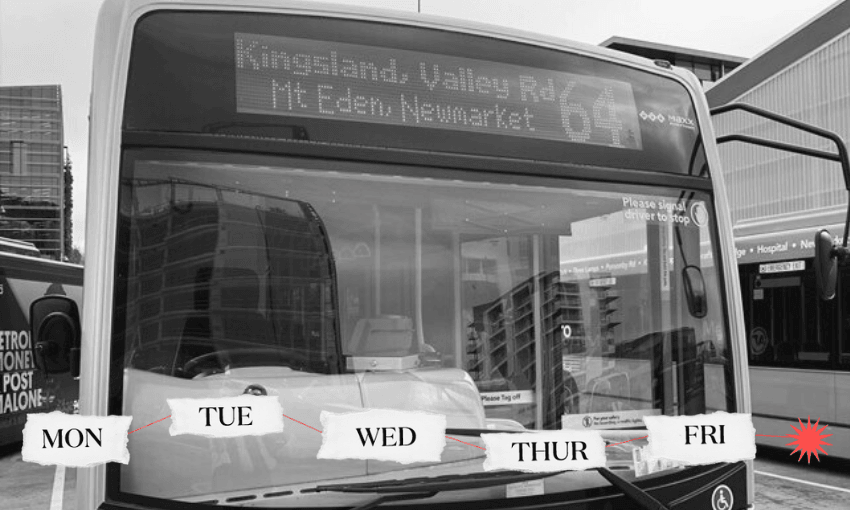Much remains unknown about Omicron, which was spotted by scientists in southern Africa last week and is now known to be present in more than 30 countries. It has mutations that scientists say may allow it to spread more quickly and cause more breakthrough infections in vaccinated or previously infected people, though neither characteristic has yet been confirmed.
Experts welcomed Mr. Biden’s new emphasis on testing. Dr. Michael Mina, a former Harvard University epidemiologist who has been a forceful advocate for greater use of testing, said it could be used both as a medical device, to detect whether someone is sick, and as a public health tool, to determine whether a person is infectious and a risk to others.
The Coronavirus Pandemic: Key Things to Know
“Testing is one of the cornerstones of public health, especially in a pandemic,” said Dr. Mina, who is now the chief science officer for eMed, a company that makes at-home tests. “But for unknown reasons, we still have considered it primarily as a medical device.”
Under the president’s plan, at-home tests would be reimbursed for the 150 million Americans with private insurance starting early next year. To ensure access for those who lack insurance, or who are covered by Medicaid, the administration intends to distribute an additional 25 million tests to community health centers and rural clinics, which tend to treat lower-income patients.
Experts envision a world where people can test themselves as soon as they exhibit symptoms — and then, if they are positive, go into isolation and seek treatment with new antiviral medicines. Early testing is important because the antivirals work best just after symptom onset. The White House says it has preordered 13 million courses of antiviral treatments. Two companies, Merck and Pfizer, are seeking emergency authorization for their antiviral pills.
In the United States, home tests have been relatively hard to come by because of supply shortages. Dr. del Rio, of Emory University, said that rather than have people go through the cumbersome process of seeking insurance reimbursement for tests, “we should just subsidize them and make it incredibly cheap.”
In Britain, he noted, rapid tests are free, and in Germany they cost consumers about $1 apiece. In the United States, the tests are typically sold in packs of two, with prices ranging from $14 to $34.
















Discussion about this post